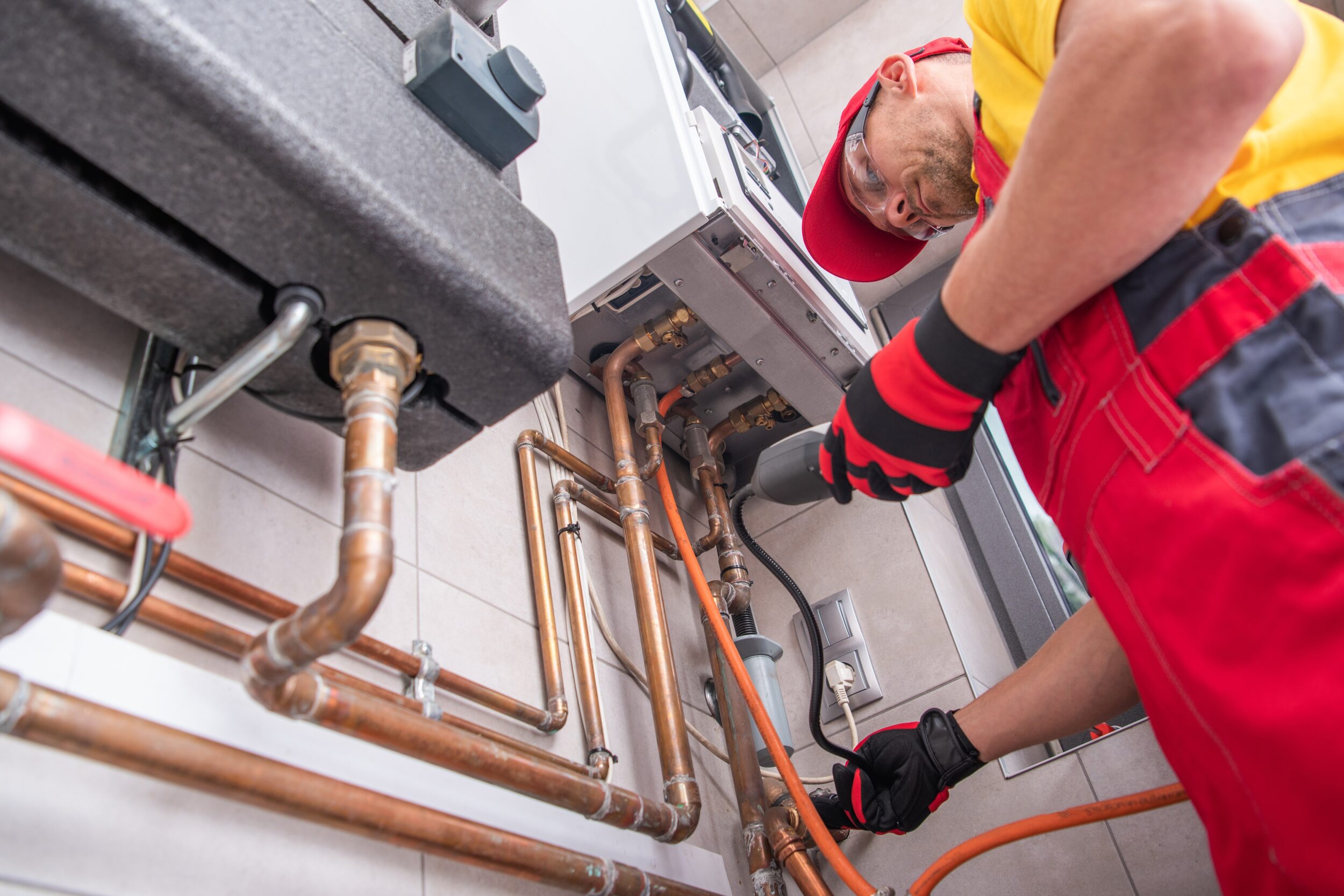
For many people, finding a career that is rewarding, lucrative and challenging can seem like an unsolvable puzzle. With the economy changing and technology evolving, it can be hard to decide what path to take. Thankfully, there are some tried and tested avenues of work that remain in demand today, pay well and lead to fulfilling lifelong work. What is this type of work? Gas engineers!
What Skills Are Essential to Becoming a Gas Engineer?
According to Phil from Gastec Training “Becoming a gas engineer is more than being fully qualified, having attended the proper training courses and acquired the necessary technical skills.” Gas Safe Registered engineers need to have a roster of talents that are well-rounded and can be called upon in any situation. What are these skills?
- A problem-solving attitude and solution-focused approach to every situation.
- Attention to detail, ensuring all necessary steps are complete. Gas work can be dangerous and a thorough, process-focused individual will ensure everything is done correctly.
- Time management skills to allocate the appropriate amount of time to complete all necessary tasks.
- Hands-on, practical skills in maintenance, installation, and repair.
- Etc.
What is a Gas Safe Registered Gas Engineer?
A Gas Safe Registered gas engineer is someone who has completed the required gas safety courses, training programmes and/or apprentice training to be legally certified to work on gas appliances and heating systems in the UK.
There are many paths available to reach a gas safe registered status, providing multiple avenues for those who are working already in the trade and those who would like to become involved. How can you become Gas Safe Registered?
- Apprenticeship Training
The learn-while-you-earn method may be slower than taking a course to become a gas engineer, but you get hands-on experience that complements your course training (and you get to make money at the same time).
- Managed Learning Programmes
For tradespeople already well versed in the mechanics of plumbing, there a managed learning programmes available for them to take advantage of the crossover that is common in these fields, reducing the hours of training. The theory of gas fitting is taught in a way that complements their existing skills.
- Private Training
Private courses can be taken which provide all the necessary training required, without prior experience in the field, including repairing gas appliances, gas safety, maintaining and repairing central heating boilers, domestic gas, gas fires, install service and much more.
What Qualifications Do I Need to Become a Gas Engineer?
Regardless of your initial training, whether it be through the apprenticeship route, some type ofMLP (managed learning programme) or private training, there are certain qualifications in which every gas engineer needs to be certified to legally work in the UK. What are these core qualifications?
- Core Domestic Gas Safety (CCN1)
- Combustion Performance Analysis (CPA1)
- Domestic Gas Central Heating, Boilers, and Water Heaters (CENWAT)
- Domestic Gas Cookers (CKR1)
- Domestic Gas Fires and Wall Heaters (HTR1)
- Meters (MET1)
- Warm Air Appliances (DAH1)
Every engineer must complete an ACS (accredited certification scheme) to become part of the Gas Safe Register. Commercial gas work cannot be done unless there an engineer completes a separate commercial ACS.

Leave a Reply